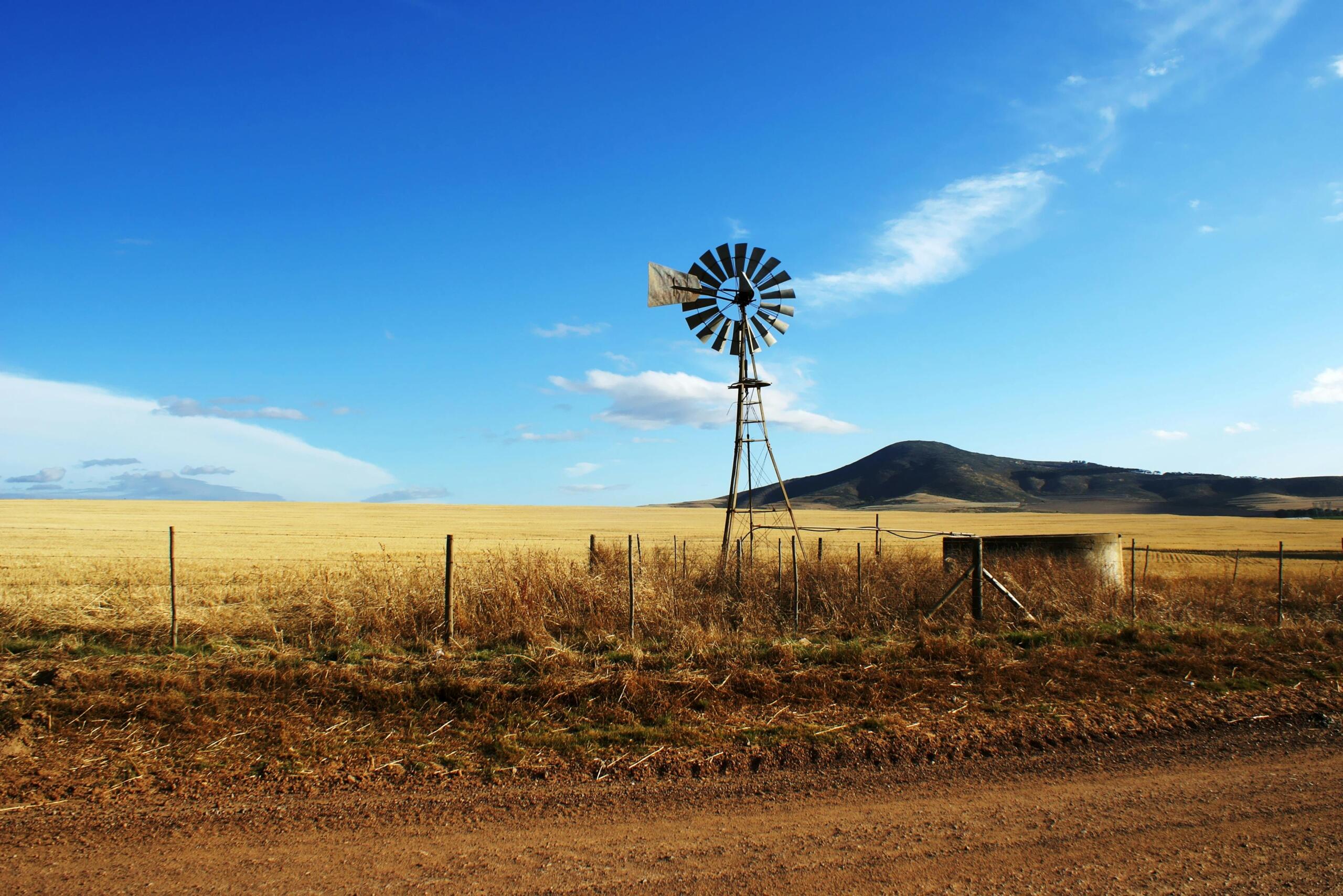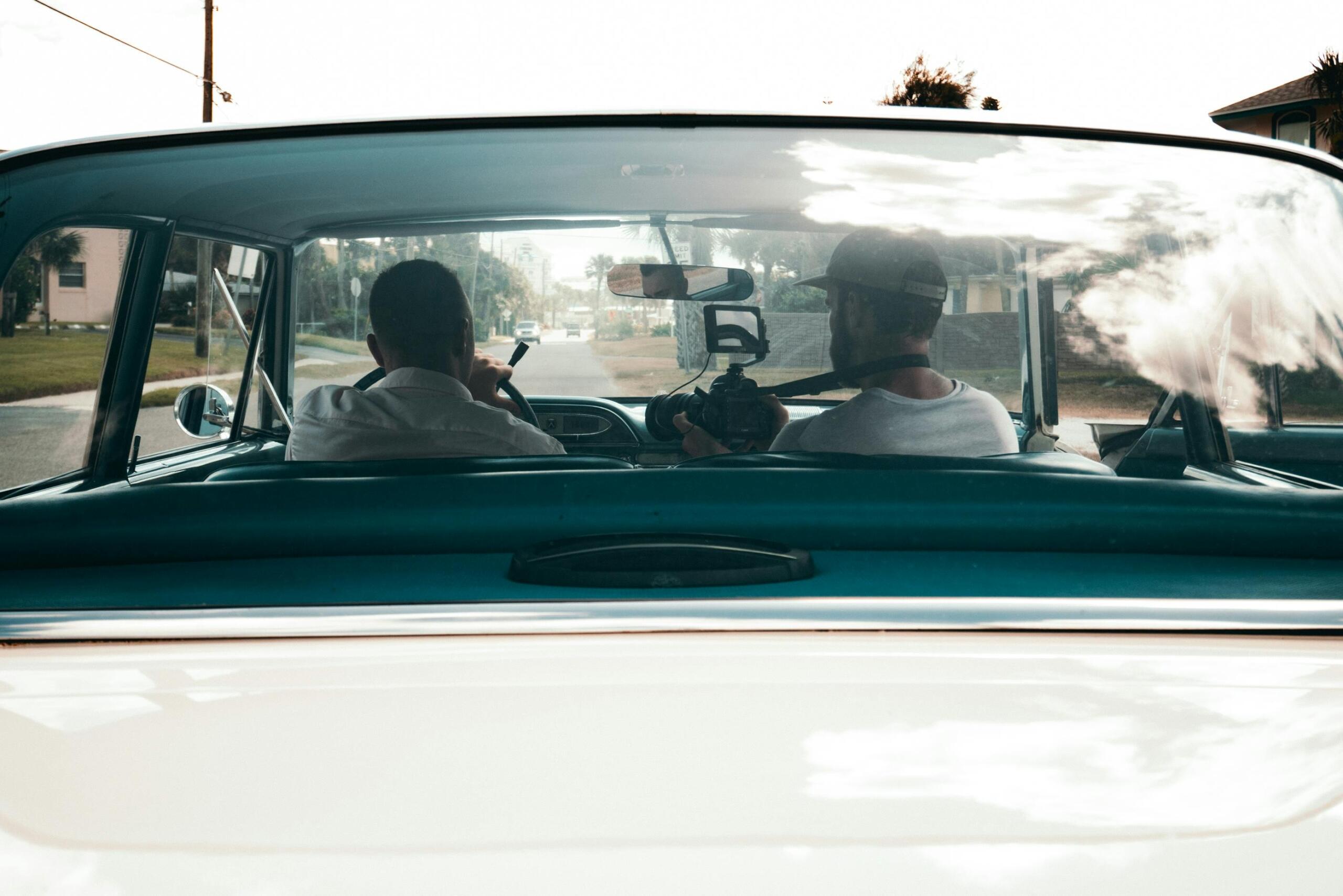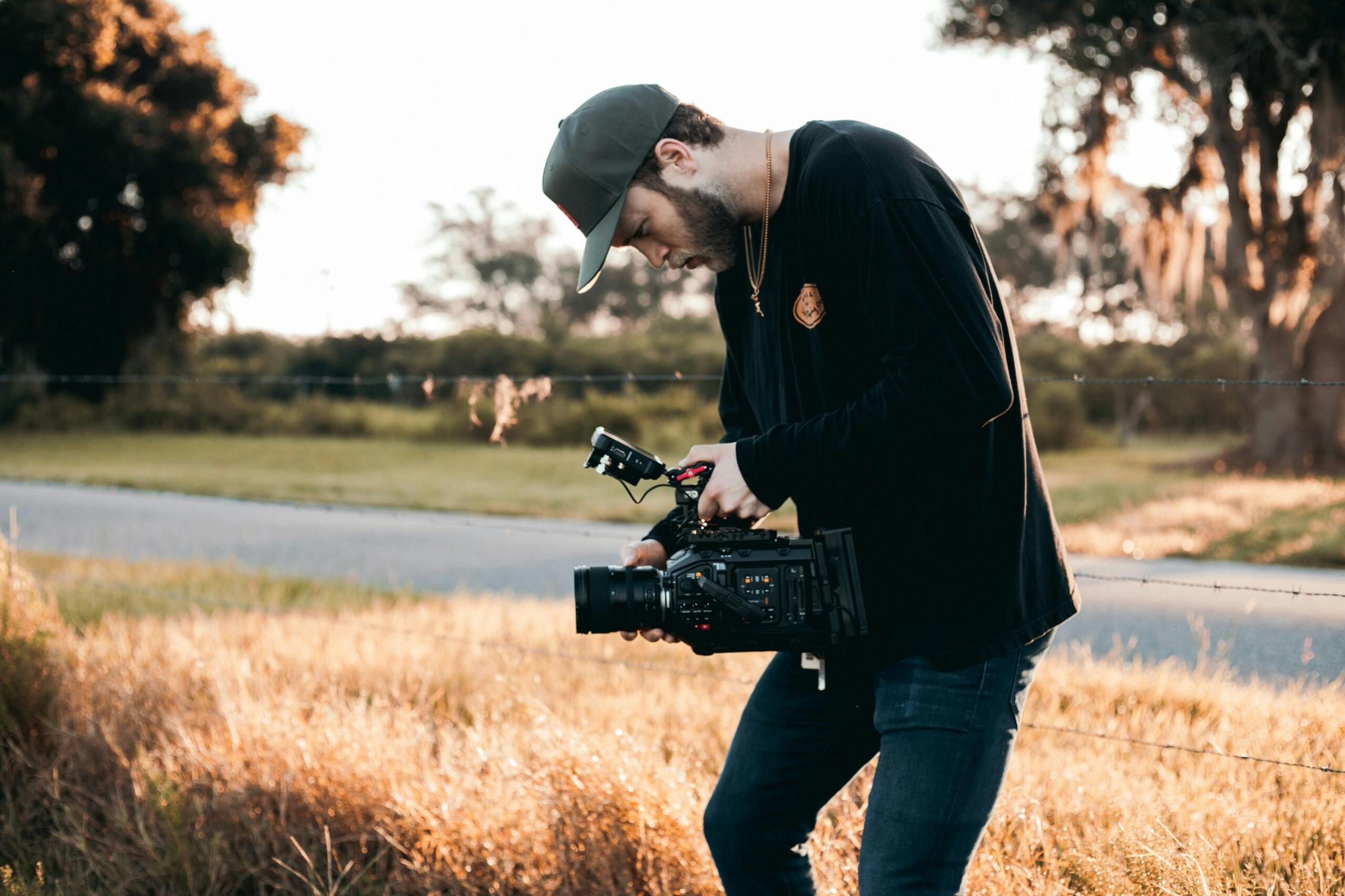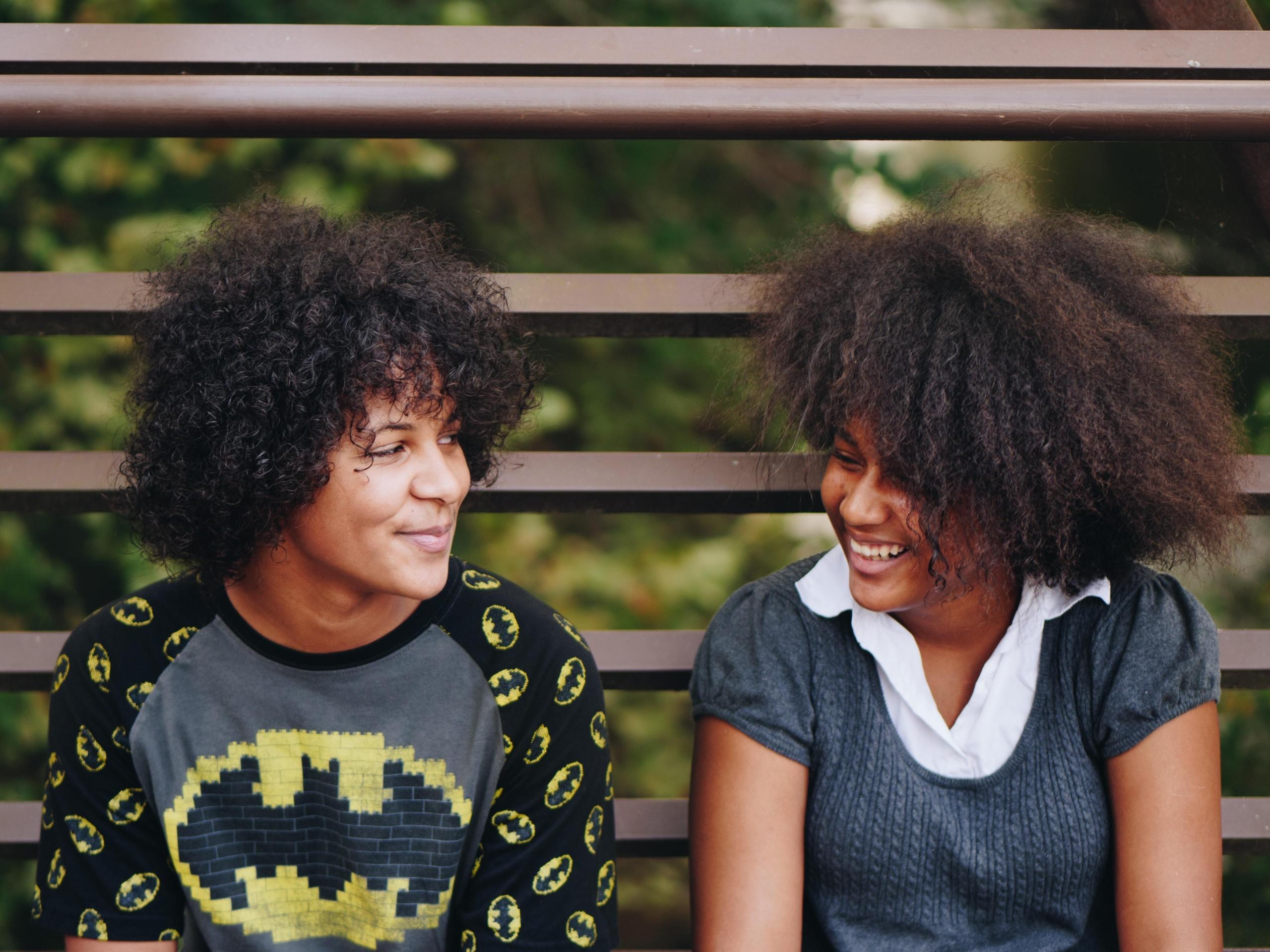Like many South Africans you may experience a spark of pride and nostalgia when you think of local cinema. It’s also no secret that among the most distinct and enduring voices within a history of film in South Africa is that of Afrikaans-language films. Whether you're a long-time fan or just beginning to explore, a study or search for Afrikaans movies South Africa offers a powerful lens into the soul of the country - its joys, its complexities, and its people.
From heart-wrenching dramas that echo our history to laugh-out-loud comedies that capture everyday quirks, Afrikaans cinema has carved out a unique and evolving identity. In this article, we’ll take you through the subject of Afrikaans movies South Africa, while we delve into their origins, development, famous stars, key themes, and where they’re heading next.
If that’s why you here, prepare to be enthralled.

A History of Film in South Africa
Afrikaans films are more than just linguistically distinct. Rather, they reflect the emotional and cultural landscape of the country in ways that resonate deeply with Afrikaans-speaking communities and beyond.
In looking at the cinema of South Africa, you’ll find that Afrikaans serves as a mirror for society as it explores personal identity, cultural heritage, family dynamics, and the lasting effects of history. Through their unique storytelling style, these filmmakers offer insight into what it means to live, love, struggle, and thrive in South Africa. In addition, as part of the broader cinema of South Africa context, these films help to preserve and promote a language that is both beautiful and complex.
When it comes to the history of film in South Africa, the Afrikaans language has contributed to pivotal milestones of artistic expression.
Tracing Afrikaans Roots in the Cinema of South Africa

To understand the impact of Afrikaans movies South Africa, it’s important to trace their roots. Afrikaans films first appeared in the early 20th century, though it wasn’t until the 1940s and 1950s that they truly found their footing. Unsurprisingly, early productions were heavily influenced by European cinematic traditions and were often supported by the state.
During the apartheid era, the South African government promoted Afrikaans-language media as part of a broader cultural and political agenda. While this created opportunities for filmmakers, it also came with restrictions and limitations on content.
Interestingly, as the country moved into a democratic era, Afrikaans filmmakers began to reclaim their narratives, shifting away from propaganda and towards personal, nuanced storytelling.
The 2000s ushered in a new wave of independent Afrikaans cinema. Directors like Katinka Heyns, Deon Meyer, and Jans Rautenbach helped redefine the voice and vision of modern Afrikaans films. Today, these productions thrive on both large and small screens while blending local authenticity with global cinematic techniques. This dynamic development is a key chapter in a history of Afrikaans film in South Africa - one that continues to unfold with each new release.
Must-Watch Afrikaans Movies
As in any language, there are Afrikaans films that have stood the test of time and continue to captivate audiences years after their release. For instance, classics like Fiela se Kind and Paljas remain deeply beloved, both for their emotional depth and their exploration of South African life. More recent films such as Vir Altyd, Dis Ek, Anna, and Kanarie have also made significant waves, not only for their storytelling but also for addressing complex themes like identity, abuse, and LGBTQ+ issues.
These are not just movies; they are windows into culture. They reflect our shared experiences and often ignite important conversations. For any newcomer to the language or anyone wanting to study Afrikaans movies South Africa, this is a collection worth watching. Besides their success, they are also a testament of the power and reach of cinema of South Africa as a whole.

Celebrating Famous Afrikaans Actors
No exploration of Afrikaans cinema would be complete without mentioning the talented performers who bring these stories to life. Over the years, famous Afrikaans actors have helped elevate the industry with their passion, skill, and dedication to storytelling.
For instance, veterans like Marius Weyers and Sandra Prinsloo have left an indelible mark, appearing in landmark films and setting a high standard for generations to follow. More recent stars such as Donnalee Roberts, Armand Aucamp, and Ivan Botha have not only gained local acclaim but have also attracted international attention.

What makes famous Afrikaans actors so compelling is their authenticity. Whether they’re portraying a small-town farmer, a conflicted detective, or a star-crossed lover, their performances reflect the heartbeat of the nation.
For aspiring performers and language learners alike, watching these actors at work can be an excellent form of immersion. In fact, you may find that using these films as references is a common tactic of the private Afrikaans teacher because they are so powerful in their ability to capture language nuances.
Themes and Genres in Afrikaans Films
Afrikaans cinema spans a wide range of genres, making it accessible to almost every kind of viewer. Romance and comedy are especially popular, offering light-hearted and heartfelt narratives that resonate with local audiences. Titles like Semi-Soet and Vir die Voëls are great examples of this trend.
Yet, Afrikaans films are also known for tackling heavier topics. Historical dramas such as Verraaiers and Blood and Glory reflect on the Anglo-Boer War and South Africa’s fraught past. Social issues, trauma, and personal healing often take centre stage in films like Roepman and Dis Ek, Anna.
This diversity of themes is part of what makes Afrikaans movies in South Africa so special. They don’t shy away from the hard truths but also find space for laughter, love, and hope. These thematic choices often reflect the broader tendencies in the cinema of South Africa, which is well known for its powerful blend of realism and poetic storytelling.
Do you need a private Afrikaans teacher? You can also explore Afrikaans lessons online.
The Future of Afrikaans Cinema
So, where is Afrikaans cinema headed?
The future looks bright.
With the emergence of streaming platforms such as Showmax and Netflix, Afrikaans films are reaching larger audiences both domestically and internationally..
These digital channels allow independent filmmakers to reach viewers without relying on traditional distribution.
At the same time, more young people are choosing to study film, language, and acting, often working with a private Afrikaans teacher to master the language and contribute to its cultural representation. There’s also growing interest in adapting Afrikaans novels and plays for the screen to offer new ways to tell old stories.
This evolution is part of a broader transformation within a history of film in South Africa. As new technologies emerge and more voices are empowered, the industry is becoming more inclusive, creative, and representative.
A Language Worth Celebrating
At a time when many languages are losing visibility in mainstream media, Afrikaans cinema is a beautiful reminder of the power of storytelling in one’s mother tongue. It affirms that every language, especially one as deeply rooted in South African history as Afrikaans, deserves a vibrant, evolving cultural space.
If you are considering working with a private Afrikaans teacher to improve or learn Afrikaans, cinema is one of the most powerful tools you can use. If you need more guidance, consider Afrikaans lessons for adults.
More than Entertainment: A Powerful Language Learning Tool
Afrikaans films are more than just entertainment. They’re a living, breathing archive of our collective past and an exciting preview of our creative future. They belong to a proud and growing tradition within a history of film in South Africa, one that continues to evolve with every generation of filmmakers and storytellers.
For language learners, Afrikaans films with the guidance of a private Afrikaans teacher are without doubt a powerful tool.
So, next time you’re scrolling through Showmax or walking past the cinema, pause and give an Afrikaans film a chance. Whether you're rediscovering a childhood classic, or watching a contemporary gem, you’ll be supporting an art form that reflects the heart of South Africa.
Shaped by the voices of famous Afrikaans actors, directed by visionary talents, and grounded in the rich history of Afrikaans movies South Africa – films are an extraordinary way to immerse in one of the world’s most poetic languages.
Summarise with AI:

























